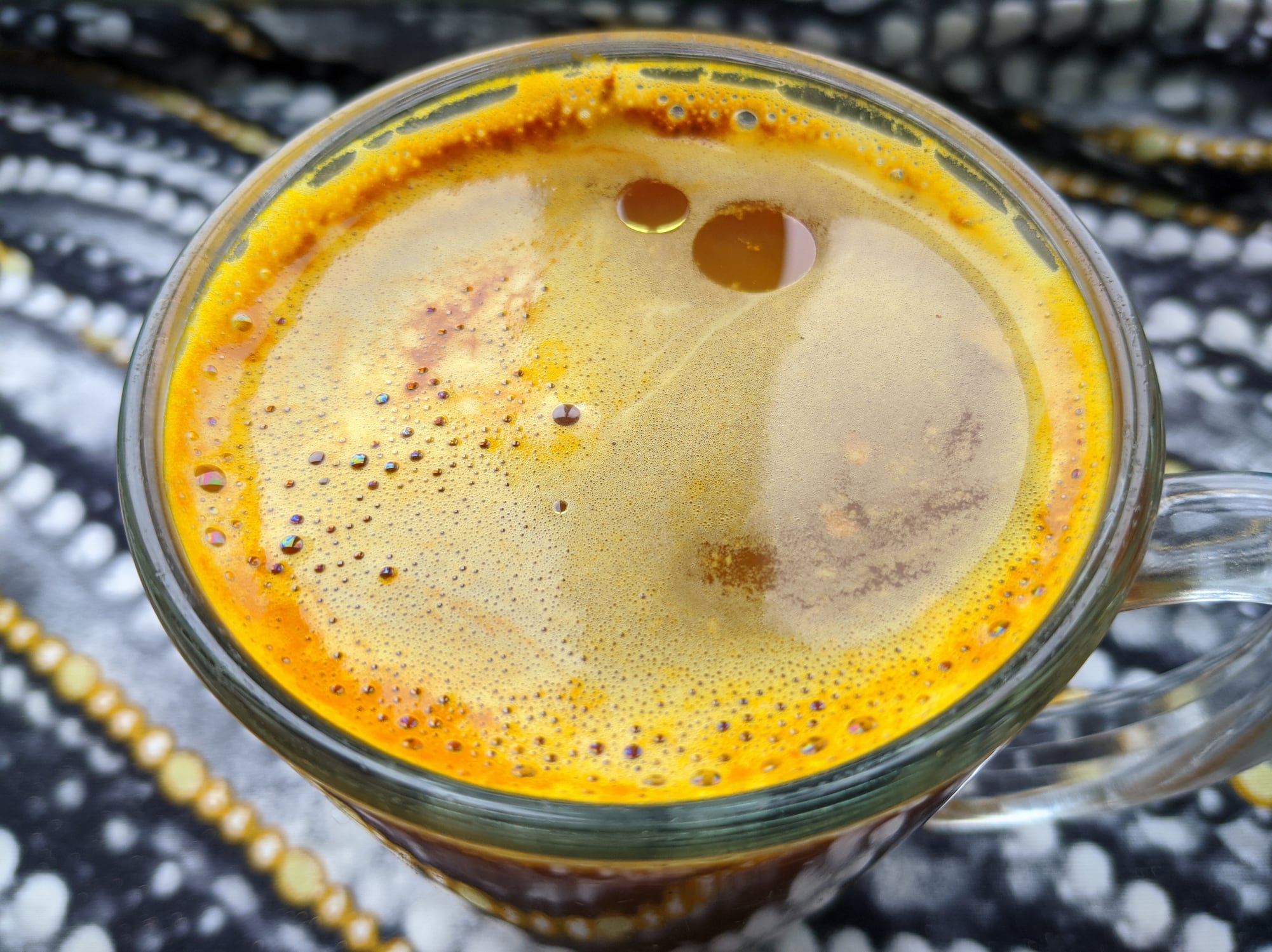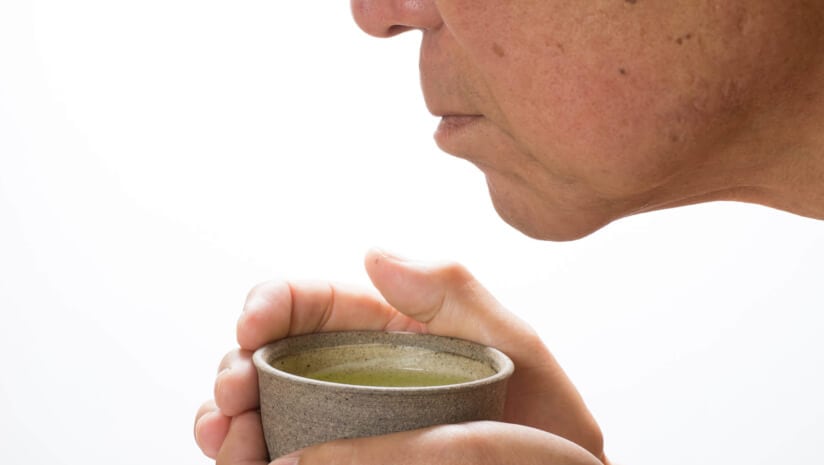The study, which was partially funded by the United Soybean Board (the United States Department of Agriculture soy checkoff program), suggests that bioactive compounds in soy have tissue-specific effects, rather than generally acting like estrogen.
“Despite their common classification as phytoestrogens, the results of this analysis provide a strong rationale for not assuming that soy isoflavones will exert health effects similar to the hormone estrogen,” researchers from Canada and the United States wrote in Advances in Nutrition.
“This synthesis supports that soy isoflavones likely act as selective estrogen receptor modulators, differing clinically from the hormone estrogen,” they added.
Soy controversies
Soy contains a high concentration of isoflavones, the polyphenolic compounds found in legumes.
Studies have suggested that isoflavones have estrogen-like effects on the body, so they have been classified as phytoestrogens.
Historically, there has been controversy surrounding the consumption of soy due to evidence of adverse effects for hormone-dependent cancers, thyroid and cognitive function.
However, the current researchers noted that much of the evidence of adverse effects results from animal studies, which have limited implications for human health due to differences in how rodents and humans metabolize soy isoflavones.
Potential health benefits
Human trials have demonstrated soy’s positive effects in preventing cardiovascular disease (CVD), some cancers, bone health and menopause symptoms.
The results of the current study are consistent with a 2016 systematic review and meta-analysis, which found no change in endometrial thickness (ET) after using soy isoflavones in peri- and postmenopausal women.
However, studies suggest that higher doses may reduce ET and “potentially reduce the risk of developing endometrial cancer, a suggestion for which there is some epidemiological support,” the researchers wrote.
They noted that the evidence “supports that soy isoflavones likely act as selective estrogen receptor modulators, differing clinically from the hormone estrogen.”
Selective estrogen receptor modulators (SERMs) have tissue-specific effects resulting from their interaction with estrogen receptors. Therefore, the current results do not rule out the positive effects on bones, memory, cancer and menopausal symptoms.
“The findings of the current systematic review and meta-analysis serve to illustrate that isoflavones differ clinically from the hormone estrogen,” the researchers wrote, noting that isoflavones act differently than hormone replacement therapy (HRT).
“This differentiation is important because safety concerns raised about isoflavones are based on their similarity to estrogen.”
They noted a health equity gap in CVD, which is a leading cause of death in women, supporting increasing soy intake to address this issue and menopause symptoms.
Implications
The study noted that although most trials included isoflavones in capsule form, isoflavones from soy foods may have additional health benefits due to numerous biologically active components.
Furthermore, foods made from concentrated sources of soy, such as soy protein isolates or concentrates, may contain much lower amounts of isoflavones due to processing methods that can cause them to lose 90% of their content.
The researchers suggested that purified soy isoflavone supplements, like those used in studies, may be an ideal source for those seeking health benefits such as alleviating menopause symptoms.
Additionally, the researchers noted the generally low intake of soy foods, highlighting an eco-conscious opportunity to improve health.
“Addressing public health concerns around soy foods may support their intake as high-quality plant protein foods with low environmental impact and cost, aligning with dietary guidelines,” they wrote.
Study details
The systematic review and meta-analysis included 40 trials (52 trial comparisons) and involved 3,285 predominantly middle-aged, postmenopausal women.
The primary outcome of the study was four measures of estrogenicity—endometrial thickness (ET), vaginal maturation index (VMI), follicle-stimulating hormone (FSH) and estradiol. The researchers chose thse measures because they are known to be affected by the hormone estrogen and were evaluated in many trials involving isoflavones.
The included trials assessed the effect of a median reported dose of 75 mg/d of soy isoflavones compared to a placebo over a median intervention period of 13 to 24 weeks.
Following data synthesis and analysis, the study concluded: “Soy isoflavones had no statistically significant effect on any measure of estrogenicity.”
The certainty of the evidence was high to moderate for all outcomes.
Source: Advances in Nutrition, Volume 16, Issue 1, 2025, 100327, ISSN 2161-8313. doi: 10.1016/j.advnut.2024.100327. “Effect of Soy Isoflavones on Measures of Estrogenicity: A Systematic Review and Meta-Analysis of Randomized Controlled Trials”. Authors: G. Viscardi et al.




